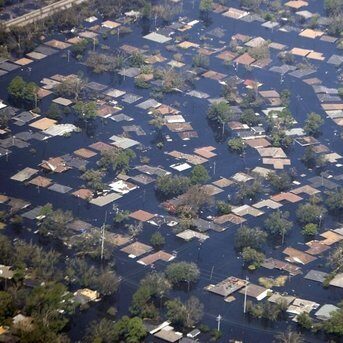
Almost nineteen years to the day that Hurricane Katrina made landfall on the Gulf Coast, Lt. Gen. Russel L. Honoré, who commanded Joint Task Force Katrina, has led Louisiana officials and first responders in calling on Congress to pass the AM for Every Vehicle Act.
Directed to House Speaker Mike Johnson and Majority Leader Steve Scalise, Honoré’s letter highlights the crucial role of AM radio in emergencies, as demonstrated during Hurricanes Katrina and Ida. Included in the letter are New Orleans’ Office of Homeland Security & Emergency Preparedness Deputy Director Richard Chatman, multiple directors of Homeland Security, and Emergency Management from a litany of Louisiana parishes.
The AM For Every Vehicle Act would mandate that AM radio – as a safety feature – be included for free in the dashboard of every car made or sold in the US.
Also included were several law enforcement leaders like Sheriff John Ballance of Bienville Parish and Sheriff Andy Brown of Jackson Parish, along with first responders and public health officials like Tracy Johnson, a retired captain from the Shreveport Fire Department, and Thomas Jordan, a former Public Health Emergency Response Coordinator.
This group has a direct understanding of the critical role AM radio plays in emergencies—providing life-saving information when other communication infrastructures fail. They emphasize that recent decisions by automakers to eliminate AM radio from vehicles, particularly new electric models, pose a significant risk by potentially depriving millions of Americans of critical emergency information during disasters.
The letter specifically cites the incredible story of WWL-AM, as recounted by the BBC, which remained on the air as Katrina battered the city with wind and waves, serving as a true lifeline for citizens and first responders when all else had failed.
“Scheduling the bill for a vote and finding a way to successfully enact it into law this year will signal to the great people of Louisiana that the lessons learned from Katrina and Ida have not been forgotten,” the letter reads, in closing. “It will also demonstrate to your constituents that Louisiana’s powerful congressional delegation is doing everything in its power to honor the storm’s victims and first responders, all while protecting the state from future emergencies.”
“And with the 2024 storm season heading into full swing, there is no better time to get this done. The urgency of this matter cannot be overstated. We ask that you pass this bill and send it to the president’s desk as soon as possible to ensure that our state maintains the emergency tools needed to protect our friends and neighbors from future disasters.”
As the peak of the Atlantic hurricane season approaches, this year has already seen five tropical storms, with three escalating into hurricanes, including Hurricane Beryl, a record-breaking Category 5 hurricane – the earliest to form in the season. NOAA predicts an above-average hurricane season, expecting 17-24 named storms, with 8-13 potentially becoming hurricanes.
Numerous FEMA executives and administrators, past and present, have come out in staunch support of the AM For Every Vehicle Act. This includes Michael Brown, who was the FEMA leader during Hurricane Katrina.
The future of AM radio in cars is uncertain as Congressional delays and the ongoing August recess push the relevant bill’s consideration to at least September 9, following an early recess and a postponed markup session by the House Committee on Energy and Commerce. The bill, backed by both sides of the aisle and promoted by Senators Ted Cruz and Ed Markey, along with Representatives Frank Pallone and Gus Bilirakis, must pass by December 20 or face reintroduction next session.
The NAB has released new PSAs asking radio listeners to contact their members of Congress by texting AM to 52886, urging them to support legislation that ensures AM radio remains in cars. Get them for your station here.



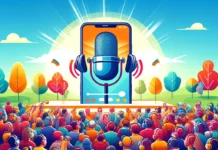


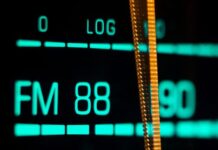
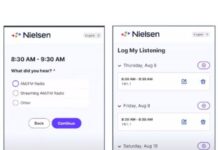
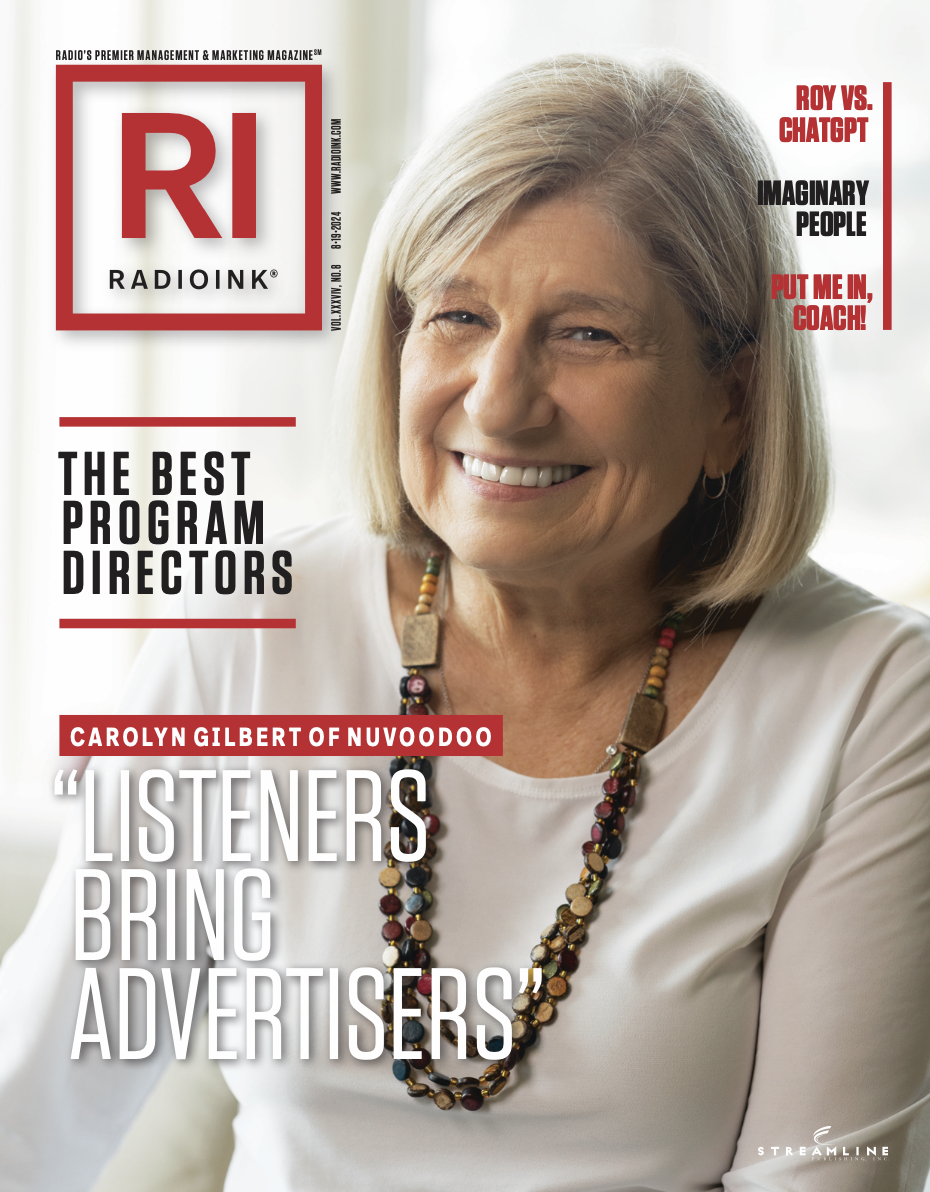

about the tornadoes and hurricane coverage….if that preserves the band fine..but can’t we come up with better programming than massive demolition of the landscape and deaths? It can be done. Call me for examples
Reminder: There already is an all-news AM station in NYC owned by the same company. The way to keep WCBS on the air would be for more people to listen to it. Not enough people did.
According to you, not enough people listened. And maybe one company should not be allowed to own more than one AM station in a market. Wouldn’t the public interest – after all, these are PUBLIC licensed granted by the FCC to an operator for a finite period of time – anyway, wouldn’t the interests of the public be better served by MORE COMPETITION, and more “owners”/ operators of stations?
How about a push to “save” WCBS Newsradio? If the radio industry is fixed on forcing car manufacturers to keep AM, they equally should be fixed on keeping stations like WCBS on the air, in the public interest.
Otherwise the “save AM” effort is hypocritical.The vast majority of the public is not served by an AM ghetto land of syndicated talk shows and send -money-to-Jesus infomercials, which both are very prevalent on AM right now. That’s what the top radio markets have at best, one station in the top 10 stations in their market. At best.